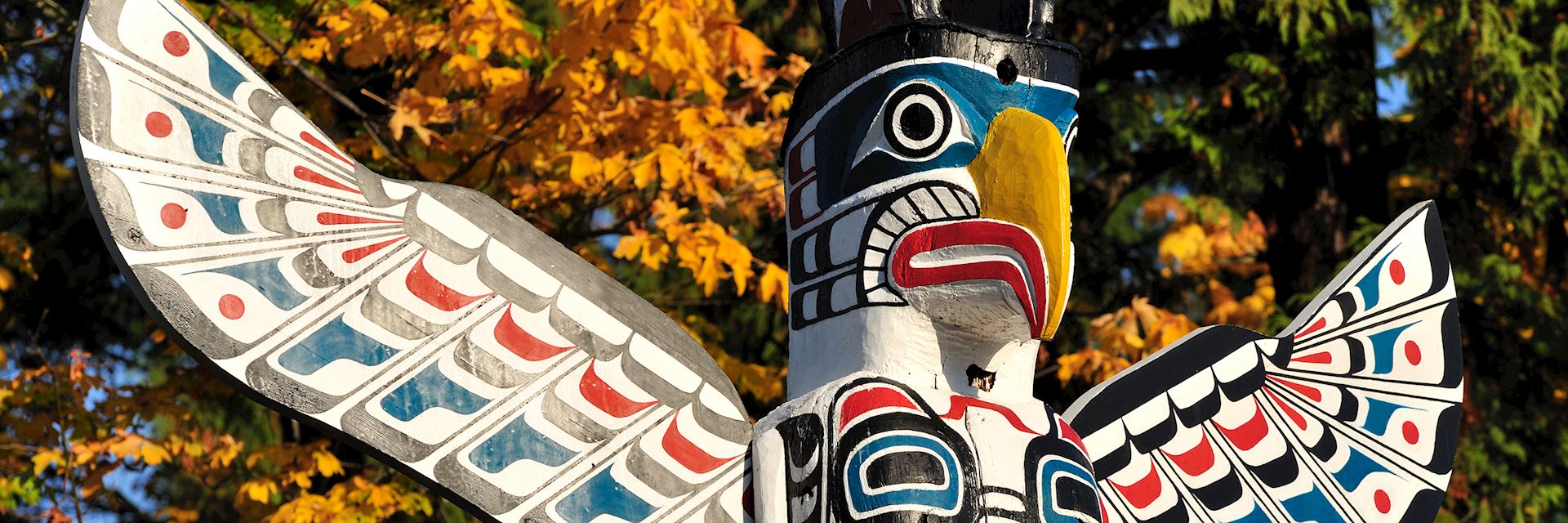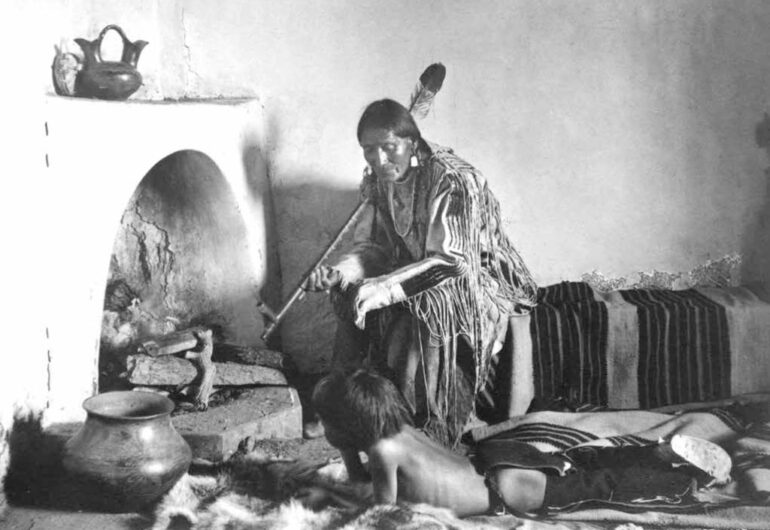
Native Smokes have long held a significant place in the cultural heritage of indigenous communities around the world. Tobacco, a sacred plant deeply intertwined with their traditions, continues to play an essential role in the lives of native people. This article explores the cultural importance of tobacco, the challenges faced by native smokers, and the efforts made to preserve cultural heritage through sustainable tobacco initiatives.
Introduction
Tobacco holds great significance within indigenous cultures, representing not only a plant but a sacred connection to the spiritual realm. For centuries, native communities have used tobacco for various purposes, ranging from medicinal and ceremonial to social and recreational. However, the native smoking tradition has faced numerous challenges due to health concerns, misconceptions, cultural appropriation, and stereotyping.
The Significance of Native Smokes
Native smokes encompass more than just the act of smoking. They represent a rich tapestry of cultural practices, history, and spiritual beliefs. Tobacco is often regarded as a bridge between the physical and spiritual worlds, with smoke carrying prayers and messages to the divine. It serves as a means of communication, healing, and celebration, playing a central role in ceremonies, gatherings, and everyday life.
History and Cultural Importance of Tobacco
Traditional Uses of Tobacco
Native people have a profound understanding of the medicinal properties of tobacco. Traditionally, tobacco was used to alleviate pain, treat ailments, and aid in spiritual healing. The smoke was believed to purify the body and mind, promoting balance and harmony. Native communities also used tobacco for offerings, gratitude, and as a means of establishing connections with the spiritual realm.
Sacred Rituals and Ceremonies
Tobacco is an integral part of sacred rituals and ceremonies within indigenous cultures. Whether it is the smudging ceremonies of Native Americans or the pipe ceremonies of various tribes, tobacco is used as an offering to the spirits, ancestors, and the Earth. These rituals hold deep spiritual significance, fostering a sense of community, identity, and connection with the natural world.
Challenges Faced by Native Smokers
Health Concerns and Misconceptions
Native smokers have encountered numerous health challenges associated with tobacco use. Smoking-related illnesses have disproportionately affected indigenous communities due to various factors, including limited access to healthcare and higher smoking rates. However, it is essential to distinguish between commercial tobacco products and traditional native smokes, which often differ in ingredients and preparation methods.
Cultural Appropriation and Stereotyping
The commercialization and appropriation of indigenous symbols, including tobacco, have perpetuated harmful stereotypes and distorted perceptions. Native smokes are often depicted in a negative light, reinforcing stereotypes and overlooking their cultural and spiritual significance. It is crucial to respect and honor the indigenous knowledge and practices surrounding tobacco without appropriating or misrepresenting them.
Preserving Cultural Heritage
Efforts to preserve cultural heritage and protect traditional native smoking practices have gained momentum in recent years. Sustainable cultivation and harvesting practices are being embraced, ensuring the longevity of traditional tobacco varieties and minimizing environmental impact. By adopting responsible farming methods and respecting the land, native communities strive to maintain the spiritual, ecological, and cultural integrity associated with tobacco.
Sustainable Cultivation and Harvesting Practices
Native tobacco initiatives prioritize sustainable cultivation and harvesting practices. Many indigenous communities have revived traditional farming techniques, incorporating organic methods and avoiding harmful chemicals. By preserving native seeds, protecting biodiversity, and respecting the land, these practices ensure the continuation of culturally significant tobacco varieties for future generations.
Traditional Tobacco Varieties
Native smokes encompass a diverse range of tobacco varieties, each with its distinct flavors, aromas, and ceremonial uses. Traditional tobacco varieties differ from commercial tobacco products, often having a lower nicotine content and fewer additives. Cultivating and preserving these native tobacco varieties not only preserves cultural heritage but also provides an alternative to commercial tobacco products for those who choose to smoke.
Supporting Native Tobacco Initiatives
Supporting indigenous-owned tobacco brands and advocating for tobacco sovereignty are vital steps towards honoring native cultural heritage and addressing the challenges faced by native smokers.
Promoting Indigenous-Owned Brands
By choosing to purchase indigenous-owned tobacco brands, individuals can contribute directly to the economic development and self-sustainability of native communities. Supporting these brands helps create a more equitable marketplace while respecting cultural traditions and ensuring that native communities have control over their tobacco products.
Advocating for Tobacco Sovereignty
Tobacco sovereignty encompasses the right of indigenous communities to regulate, produce, and distribute tobacco products within their own territories. By advocating for tobacco sovereignty, individuals can support native self-determination and autonomy. This includes respecting the cultural protocols, rituals, and practices associated with tobacco, while also addressing health concerns and promoting responsible tobacco use.
The Role of Tobacco in Economic Development
Native tobacco initiatives not only preserve cultural heritage but also play a crucial role in economic development within indigenous communities.
Job Creation and Economic Opportunities
Tobacco cultivation and production provide employment opportunities within native communities. By supporting native-owned tobacco businesses, individuals can contribute to job creation, skill development, and economic self-sufficiency. This economic empowerment enables native communities to invest in healthcare, education, infrastructure, and other essential programs.
Funding for Native Community Programs
Native-owned tobacco businesses often reinvest profits into community programs, initiatives, and services. The revenue generated through sustainable tobacco practices can fund healthcare services, education programs, cultural revitalization projects, and other initiatives that benefit the well-being of indigenous communities. By supporting native tobacco initiatives, individuals can indirectly contribute to these vital community programs.
Conclusion
Native smokes are not simply about smoking; they represent a profound connection to cultural heritage, traditions, and spirituality. Through the preservation of traditional practices, sustainable cultivation methods, and supporting indigenous tobacco initiatives, we can honor native cultural heritage while addressing the challenges faced by native smokers. By engaging in respectful dialogue, fostering understanding, and advocating for tobacco sovereignty, we can promote a more inclusive and culturally sensitive approach to native smokes.
FAQs
Q1. Are native smokes the same as commercial cigarettes? Native smokes are distinct from commercial cigarettes. Traditional native smokes often use specific tobacco varieties and preparation methods, with cultural and ceremonial significance, whereas commercial cigarettes are mass-produced and may contain additives and higher nicotine content.
Q2. Is smoking traditional native tobacco healthier than smoking commercial cigarettes? While smoking any form of tobacco poses health risks, traditional native smokes generally differ from commercial cigarettes. Native smokes often have lower nicotine content and fewer additives. However, it’s crucial to remember that any tobacco use carries health risks and should be approached with caution.
Q3. How can I support native tobacco initiatives? Supporting indigenous-owned tobacco brands is one way to contribute to native tobacco initiatives. By purchasing their products, you can directly support economic development within indigenous communities and help preserve cultural heritage.




